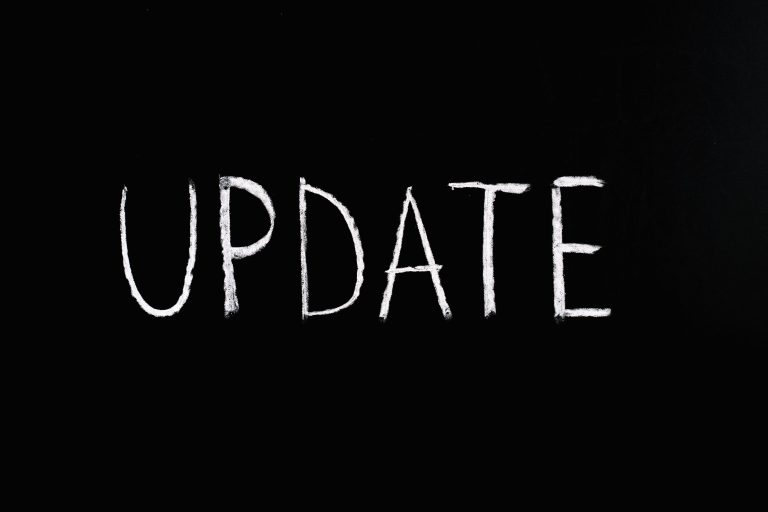Probate is the process of distributing the assets of a deceased person in accordance with their will. It also applies where someone has died intestate- without a will, but the requirements and the language are different. It is the only legal way to transfer assets to the beneficiaries. Without it, assets would remain in the deceased person’s name which would mean that property couldn’t be sold, and anything that required consent or a signature couldn’t be actioned.
When is Probate Required?
It’s probably easier to consider when probate ISN’T required. There aren’t many circumstances when this is the case, but there are a few.
- If the estate of the deceased person is less than around £10,000 and they only have cash and premium bonds. Most banks have a threshold for transferring money out varying between £5000 and £50000 without probate and requiring only a death certificate. Each bank will have its own rules so these will need to be checked out.
- Where assets are jointly owned and bank accounts and any investments are in joint names. In this case, the assets will simply be transferred to the other person under the right of survivorship.
- Where the estate is only very small, there is no property and there is less than £5000 in the bank.
- Where the deceased person’s assets are held in a living trust.
It’s best to take professional advice to find out if probate is required or not to prevent problems further along the process of sharing out the assets in accordance with the will.
Probate is required to give the executor named in the will the authority to enact the instructions laid out in that will. In the event that there is no will, there must be an application for Letters of Administration to give the authority to deal with the assets. In this case, the courts could be involved, and this process could be much longer and drawn out.
You will need to apply for probate if:
- There is a will and the deceased person owned property like houses, buildings, or land in a sole name or as tenants in common.
- A bank or other financial institution asks for a Grant of Probate or a Grant of Letters of Administration(where there is no will).
- Where the deceased person’s estate is high value and complex.
The Probate Process and How it Works
Probate can be a complex process depending on the complexity of the estate, but it can be broken down into a number of key areas.
1. Identifying all of the assets and liabilities in the estate
Listing the assets including property, investments, valuable possessions like artwork and vehicles, as well as any debts ranging from everyday bills like power and water to any loans and other debts.
2. Verifying and identifying the beneficiaries
Examining the will to identify who is entitled to receive part of the estate, and acquiring suitable identification for those beneficiaries. In the event that there wasn’t a will, carrying out tasks required under Intestacy Laws.
3. HM Revenue and Customs
An Inheritance Tax return is required to be submitted, irrespective of whether any tax is due or not.
4. Grant of Representation
Application to the Probate Registry for the Grant of Registration. This document confirms the legal authority to administer the estate of the deceased person.
5. Liquidation of assets
At this point, any assets can be liquidated(sold), any liabilities that there are can be settled, and any outstanding inheritance tax, capital, gains or income tax settled.
6. Preparation of accounts
Completion of the estate accounts showing all transactions in and out of the estate, and showing the final balance for distribution to the beneficiaries. This is shared with the personal representatives such as the Executor named in the will.
7. Transfer of assets
If there are no challenges to the will this final phase is where assets are transferred and the balance of funds in the estate is distributed to the beneficiaries should they wish to retain them.
How we can help you
At a time when you’re coming to terms with the loss of a loved one, we can take on the responsibilities and technicalities of probate so that you can focus on beginning the grieving process and be with your family. We’ll take care of the administration, any issues that might arise, and advise you on anything that you need to do to move the process on to its successful conclusion.



